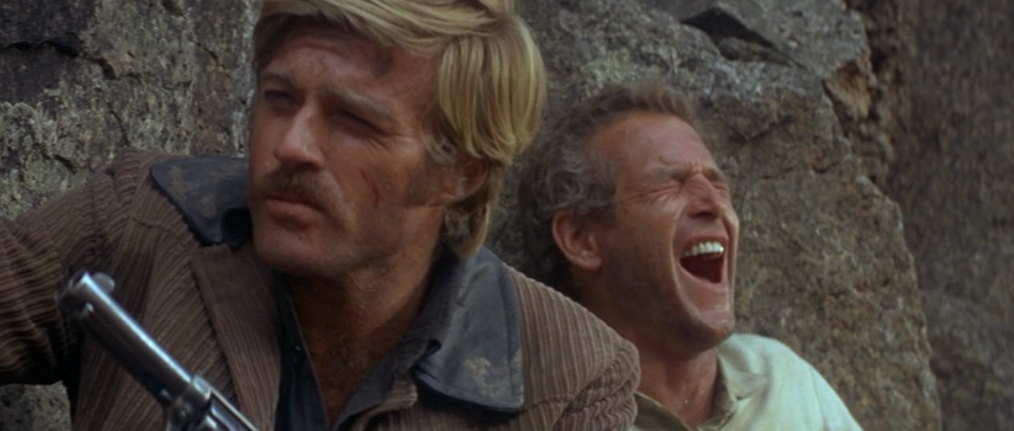
The Fall Will Probably Kill You
Thoughts, shorts and interviews from journalist and filmmaker Nev Pierce.
By registering you agree to Substack's Terms of Service, our Privacy Policy, and our Information Collection Notice

Thoughts, shorts and interviews from journalist and filmmaker Nev Pierce.